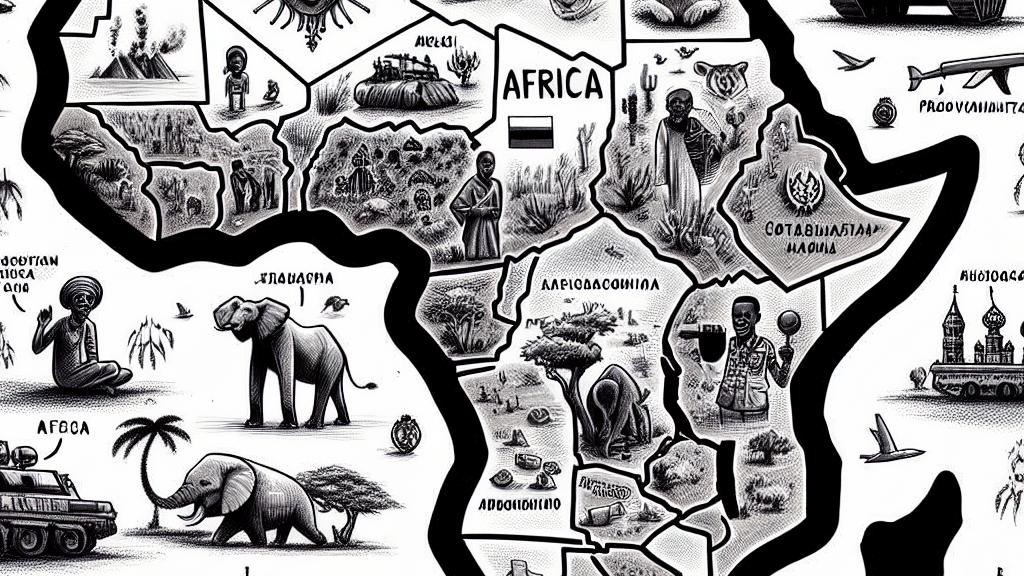Putin's Total Support for Africa: Building New Alliances
Overview
- Russia is positioning itself as a key military and economic ally for African nations.
- African leaders are increasingly opting for partnerships with Moscow over traditional Western powers.
- Moscow's approach features a non-interference policy, attracting a range of African governments.

Russia's Expanding Footprint in Africa
Vladimir Putin has emphatically declared Russia's 'total support' for Africa, aiming to strengthen ties primarily focused on countering terrorism and promoting sustainable economic growth. This proclamation resonates strongly with numerous African nations, particularly those who feel overlooked by traditional allies like the United States and France. For example, countries in the Sahel region—such as Mali and Burkina Faso—have made a notable shift in their alliances, turning to Moscow for military support as they grapple with escalating jihadist threats. The dire security situation in these countries underscores the urgency of forging robust partnerships that can tackle the complexities of current conflicts.
Deepening Partnerships Through Military Support
At a recent summit in Sochi, Russian Foreign Minister Sergei Lavrov passionately conveyed Russia's commitment to fostering strong ties with African leaders. Countries facing acute unrest, like Mali, have expressed gratitude for Russia's willingness to maintain a hands-off approach in their domestic affairs—a refreshing change from the often interventionist policies of former colonial powers. For instance, Mali’s collaboration with the Wagner Group, now operating under the name Africa Corps, has amplified military cooperation, proving essential in the fight against insurgents. Moreover, these agreements frequently include mutually advantageous access to precious resources, such as gold and diamonds, highlighting a blend of military and economic interests that benefits both parties.
Navigating Complex Relationships and Perceptions
Despite Russia's ambitious outreach, the reception among African nations is decidedly mixed. The recent Russia-Africa summit revealed this dynamic; notable absences, including leaders from Nigeria and Kenya, highlighted a changing mood on the continent. While there is a recognition of Russia's non-intrusive military support, leaders are cautious, aware of the potential long-term ramifications of their alliances. For example, discontent over Russia's withdrawal from the Black Sea Grain Initiative has sparked outrage among African nations, raising concerns about food security. This evolving landscape illustrates that while immediate military support may be critical, African leaders also seek partnerships that ensure their sovereignty and address pressing domestic issues. In this intricate geopolitical panorama, Africa's quest for stability and resource management takes center stage.

Loading...